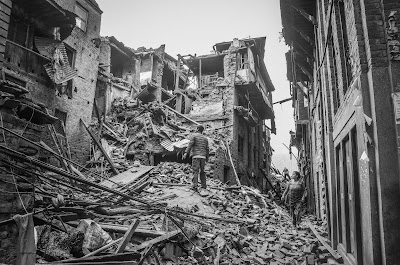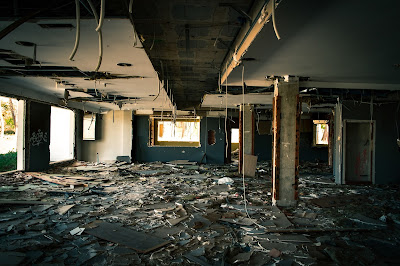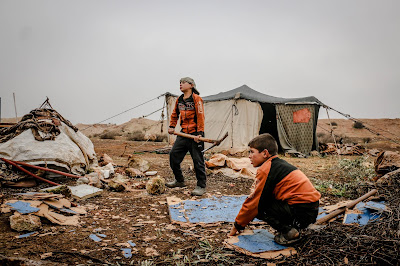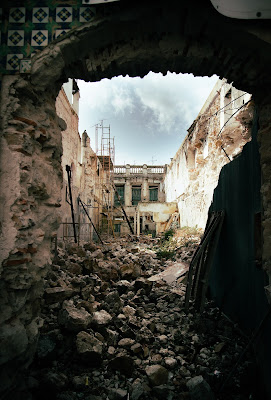
essay on earthquake ?
causes of earthquakes
Earthquakes are caused by disturbances in the balance of the earth. Earthquakes are also caused by reactions that result from invisible events operating beneath the Earth’s crust. The main causes of earthquakes are:
essay on earthquake ?
(1) Stratification process
(2) Volcanic eruption
(3) isostasis
(4) water vapor
(5) Man.
(1) Earthquakes in subsoil result in pressure and pressure on the rock layers. Due to these forces, compression and diffusion are felt in the subsurface.
The act of deafness causes earthquakes. Such stratification process is responsible for new silt mountain ranges in the Himalayas, the Apes, and earthquakes in the foothills of Africa.
(2) Most earthquakes on the Earth’s surface are caused by volcanic eruptions, which try to eject hot magsa when they explode. Strong earthquakes have been felt in an area of about 150 to 200 km around the volcano.
(3) When the equilibrium state of the Earth is disturbed, magma moves into the depths of the Earth to restore the balance, thus shaking or vibrating the rock layers.
For this reason, earthquakes in the Hindu Kush range near the Pamir Plateau have far-reaching effects. The impact of the April 2015 earthquake in Nepal was felt as far as Bihar, India.
(4) When some of the water on the surface of the earth descends from the surface, the water that is released due to internal heat turns into steam. Steam takes up 1300 times more space than water. This steam pressure causes earthquakes in the weaker parts of the earth.
(5) Man digs mines and mines on the earth. Mineral oil is extracted from the earth’s crust. Build dams, build big skyscrapers, level railway tracks, roads and land. Underground nuclear explosions therefore create artificial earthquakes in the local area.
(6) Earthquakes also occur due to landslides, avalanches, massive rock falls and meteorites in mountainous regions.
•Effects of earthquake
Effects of an earthquake There are destructive and constructive effects of an earthquake. The earthquake killed thousands of people. At the same time, many houses collapsed in the earthquake-affected areas.
On January 26, 2001, an earthquake of magnitude 7.9 struck the Bhuj region of Kachh region, India. In which thousands died. The epicenter of the earthquake was reported to be below the bottom of the Pacific Ocean, although no tsunami warning was issued. Many houses fell. Roads collapsed, water, electricity and other systems were damaged. Sometimes rivers change their course due to earthquakes.
The Dipang and Brahmaputra rivers changed their course due to the 1950 Assam earthquake. The dam of the Subansiri river in Assam broke. Earlier the Indus River used to meet the Gulf of Kutch but now it flows through Pakistan. Thus, due to earthquakes, roads collapse, railway tracks bend, bridges and dams on rivers break, and rivers divert their course. Earthquakes at the bottom of the ocean or oceans cause high tidal waves called tsunamis.
The December 2004 tsunami near Sumatra, Indonesia, was followed by another tsunami in the Andaman and Nicobar Islands and the Coromandel Coast of Tamil Nadu, causing huge loss of life and property. A large part of Indira Point, which is called the southernmost point of India, has been submerged in sea water. These types of waves cause serious damage to coastal cities and ports.
•creative effects of earthquake
• Earthquakes can provide information about the internal structure of the Earth.
• Earthquakes are caused by the pulling and pushing forces on the layers of rocks.
• As a result, cracks, mountains, plains, plateaus, continental shelf etc. are formed, new wetlands are obtained,
• Many minerals are obtained due to the upheaval of rocks due to earthquake.
• Helps to gain knowledge of natural gas and mineral oil reserves and related research works.
•Sometimes new islands or archipelagos come into existence in the Mediterranean Sea.
• An example of this is the island of New Moore, which is in the Bay of Bengal, south of Kolkata.
How to survive an earthquake?
To avoid an earthquake, when you feel that an earthquake has occurred, then if there is an open ground near you, then immediately go to the open ground.
If you live in the same building or building, then try that you can go down, if it is difficult to go down, then go to a safe place around you like tables, beds, any strong place where you cannot break from falling from above.
essay on earthquake ?
RELATED POSTS
View all





